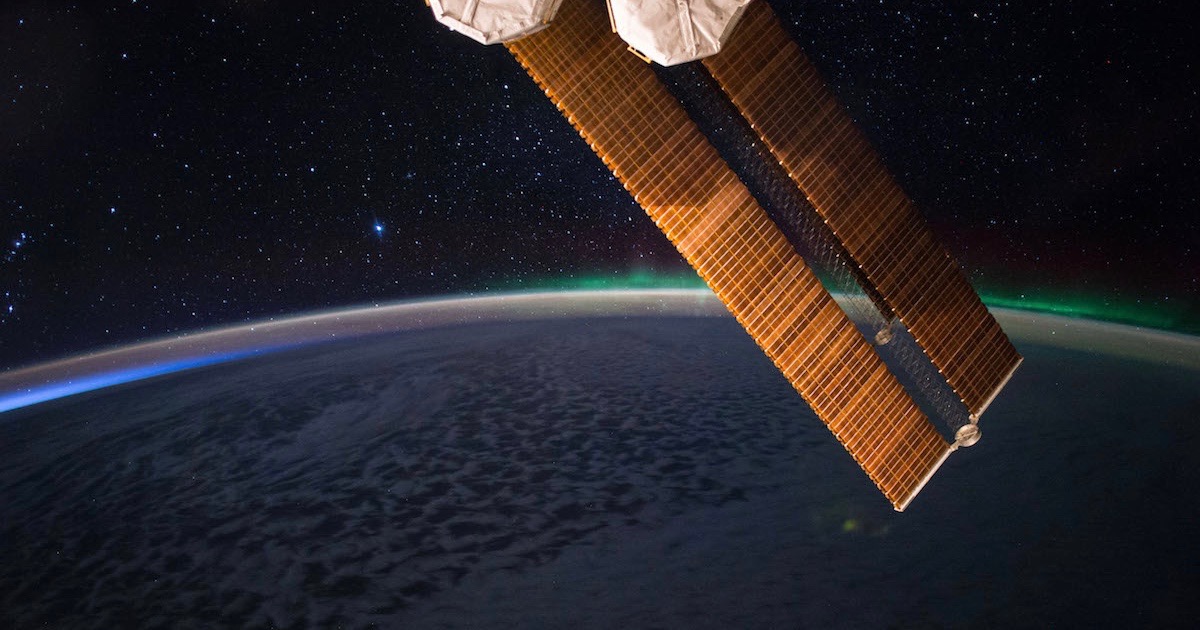 Culture & Ethics
Culture & Ethics
Only Humans Understand “Significance”

Materialists believe that, in the end, we are only so many carbon molecules, signifying nothing. Hence, most deny human exceptionalism, arguing essentiallty that we are just another species in the forest — when they aren’t castigating us as the enemy of the Earth.
Comes now materialist philosopher Nick Hughes of University College Dublin — a self-declared “disenchanted” free-thinking atheist — to declare while it is true from the Universe’s perspective that humanity is utterly insignificant — never mind that a materialistic Universe has no perspective — that doesn’t mean we should despair. From “Do We Matter in the Cosmos?” published in Aeon.
For the disenchanted, it is hard to deny that our causal powers are insignificant from the point of view of the entire Universe. But should we be troubled by this? Should it lead us to nihilism and despair? I don’t think so. To see why, we need to go back to the issue of value and draw another distinction.
Some of the things that we care about – happiness and human flourishing, for example – are intrinsically valuable to us.
I think Hughes misses a big point. Even if we are merely thinking carbon, our existence itself is inherently valuable. Indeed, only we have the capacity in the known universe to understand — much less contemplate — the concept and importance of “significance.” That is one of the things that makes life worth living.
To put it another way, we are the only true moral beings (again, in the known universe). That — which also implies our unique rationality — is one of the distinctly human attributes that make our existence itself exceptional.
But Hughes can’t see that. He just gives readers an empathetic pat on the back, telling us not to despair because, well, we’ll always have art:
Whether or not they are objectively valuable, the ends that matter to us, the things that we care about most – our relationships, our projects and goals, our shared experiences, social justice, the pursuit of knowledge, the creation and appreciation of art, music and literature, and the future and fate of ours and other species – do not depend to any considerable extent on our having control over a vast but largely irrelevant Universe.
We might be distinctly lacking in power from the cosmic perspective, and so, in a sense, insignificant. But having such power and such significance wouldn’t make much of a difference anyway.
To lament its lack and respond with despair and nihilism is merely a form of narcissism. Most of what matters to us is right here on Earth.
No. It’s not about power. It’s not about cosmic perspectives. Only we understand there is such a thing as the cosmos.
It’s also not what we can do, the art we can create — creativity is another uniquely human attribute — but about who we are inherently. We think, therefore we are. We contemplate meaning, therefore the universe itself comes to have meaning because a species exists that can find it.
Hughes bemoans the authoritarianism that sometimes befouls our thriving. But authoritarianism can only exist when human exceptionalism – our unique and equal individual value, coupled with our duties to each other (among others) — is denied. That’s when those with power feel free to exploit and oppress those they falsely denigrate as being without it.
In his proud disenchantment, Hughes tells us not to despair because there are aspects of life to enjoy until we are snuffed into non-thinking carbon.
That’s a dangerously nihilistic view no matter how much Hughes strives to whistle past the graveyard.
Image: “Starry Night and Aurora,” by NASA.
Cross-posted at The Corner.
